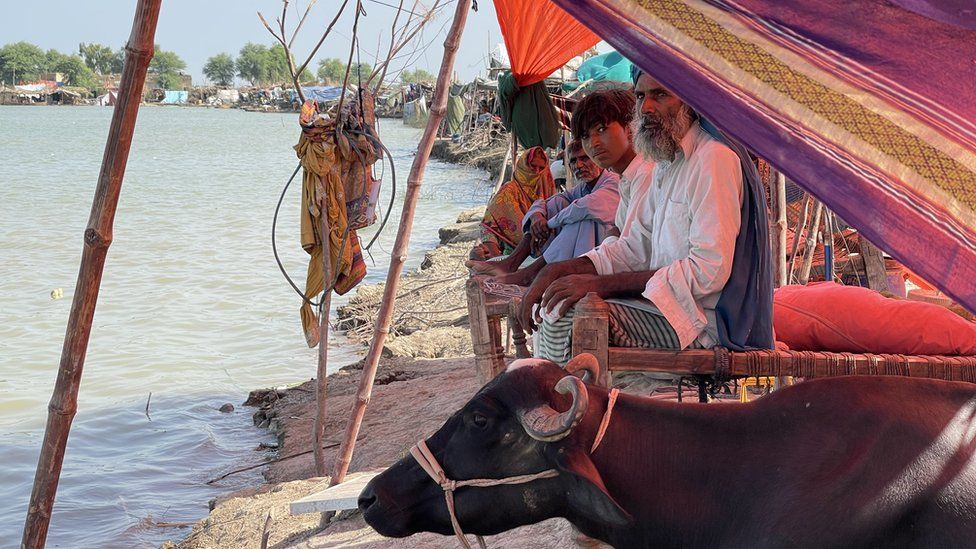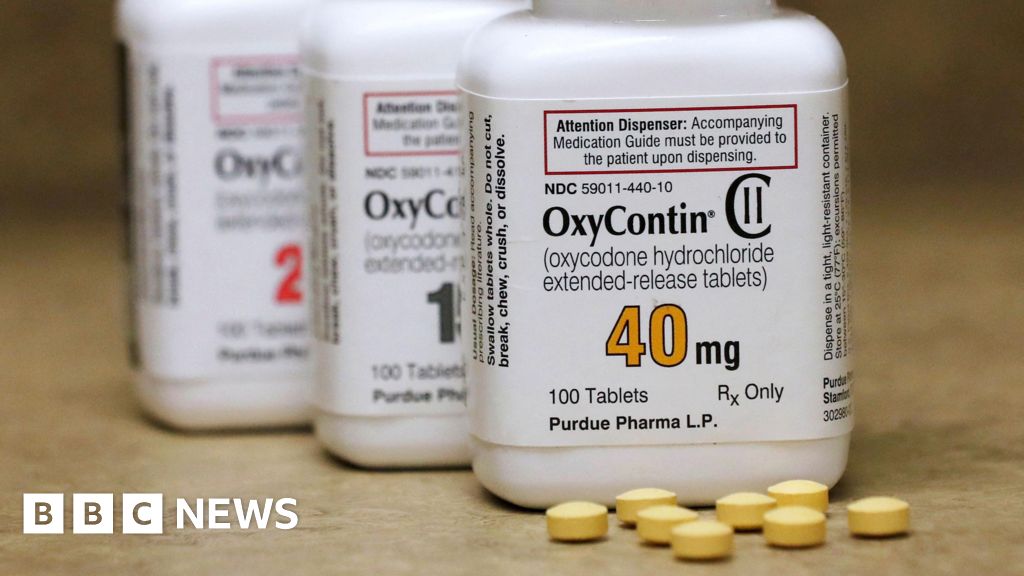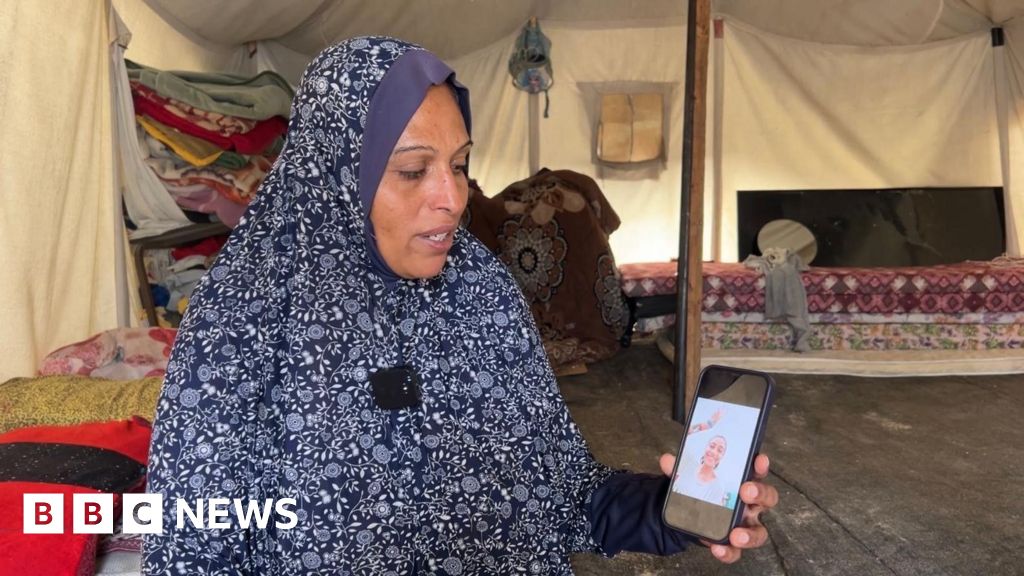ARTICLE AD BOX
By Pumza Fihlani
BBC News, Dadu

Hundreds of families have taken refuge on a flood dyke in Kali Mori
Record floods in Pakistan have killed more than 1,200 people. The Southern Sindh province has been hit the hardest, where things show little sign of getting better.
On a riverbank in Dadu district, the water levels are rising.
Water is coming down from the mountains in the north and the flooded Indus river. It's headed towards the hundreds of villages dotted across the landscape. A quarter of a million people are in harm's way.
Rescue and relief missions are under way, but the water is eight feet deep in some places, and continuing to rise.
Hundreds of families have taken refuge on a flood dyke in Kali Mori village. Their homes were washed away by the floods and this was the only high ground for miles. The dyke is no more than 10 metres wide - on both sides there are make-shift tents, crows, chicken and goats, all within a few steps of the rising water.
Najima and baby Badal
There are scores of children and pregnant women. Najima Abbas recently gave birth.
Najima, her five children and her husband Ghulam, are living under a tree a few feet away from rising flood water.
The new addition to this family is two-day-old Badal, named after a sibling who was killed in a car accident as a toddler a few years ago. Baby Badal is a blessing from Allah, his mother tells me.
Her face softens when she looks at him. But as Badal sleeps peacefully, his mother is anxious - this is no place for a baby.
"We don't even have a tent, just this tree," Badal says.
"We spent the whole night in the rain, running away from the flood, trying to get to safety. When we arrived here this was the only space we could find. It gets really hot and he starts crying and won't stop. It is difficult."
Badal was safely delivered in a nearby hospital but within a day Najima had to return to the riverbank, where she had left her husband and five other young children.
I ask her what she was able to salvage from the floods. She pauses. "These two beds and two chickens, nothing else."
Najima has been living here for two weeks and says that in that time, no aid has reached her section of the flood wall. In addition to being worried about going hungry, she's concerned about the rising water too.
"We are just sitting here with hope that Allah will look after us, the government are not giving any rations or doing anything to help. I don't know what will happen to us, we have nowhere else to go," she says.
Provincial officials have admitted they are overwhelmed, as are local aid agencies. The roads in and out of affected communities have been badly damaged, slowing down not only evacuations, but the delivery of aid.
Many of those affected are poor and have very little means to rebuild their lives - all they want to know is that someone, somewhere is doing something.
Maryum is due any day
In another part of the new camp I meet Maryum Abbas, mother of eight, soon to be nine. She's due to give birth any day.
"I've already got eight children, look at where we live. I can barely take care of them. Sometimes we don't eat for days. I'm worried not just about my health but about my unborn baby," she says.
"I don't even have money to go to hospital. If I get sick here I wouldn't know what to do."
Her family has gone from a life of self-reliance to one of dependency.
Back at her home village Khapur, they were dairy farmers. Whatever milk they didn't use themselves they sold and were able to make a living. They were able to save four buffalo but apart from that, they have nothing.
I ask about the water, lapping not far from the edge of her wooden bed.
"It's getting closer. It was not like this a few days ago, I am really worried" she says.
The people of Sindh face a precarious situation. They've survived unforgiving rains but continue to face danger - from waters that have nowhere else to go but south.
It's made many wonder when the suffering will end.

 2 years ago
20
2 years ago
20








 English (US) ·
English (US) ·